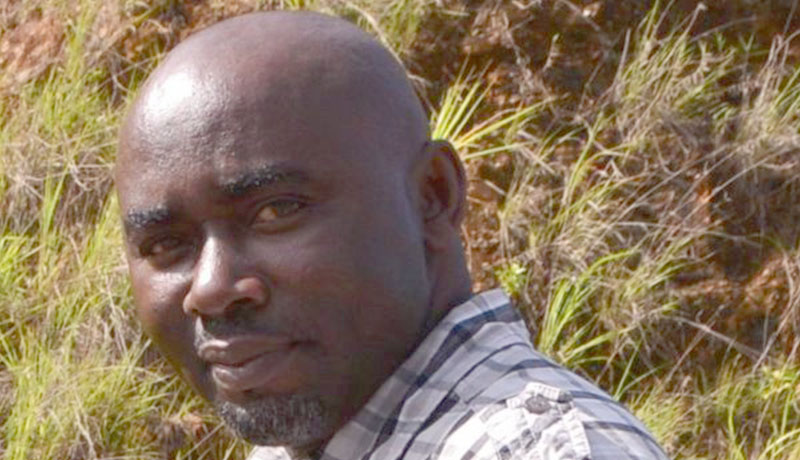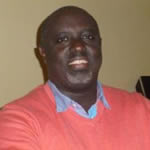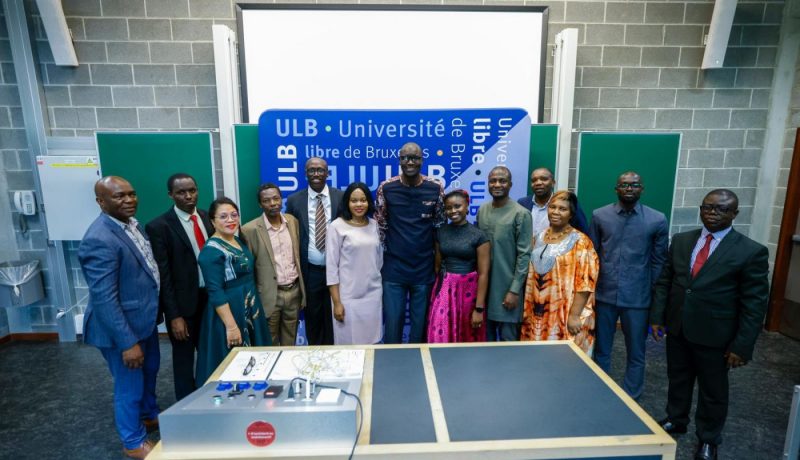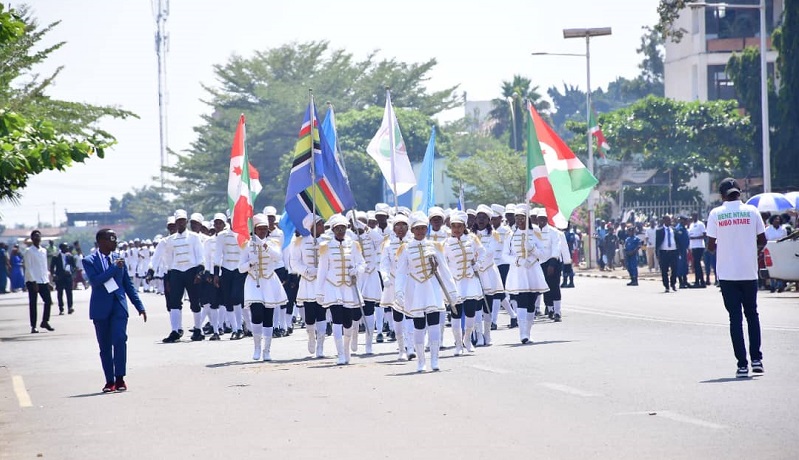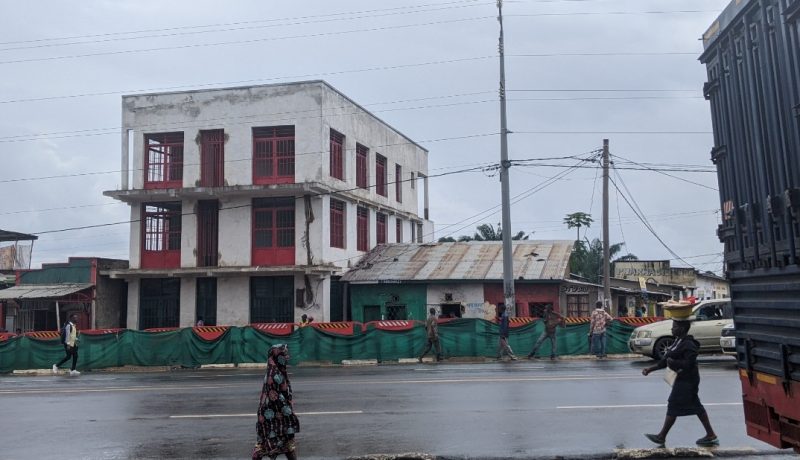Burundian University Education is scheduled for state’s officials. Even if students from the University of Lake Tanganyika find it a burden, their chief education officer has introduced new courses to prepare students to see what happens in the real world, especially in the East African region.
Regional integration, conflicts resolution and public markets are new courses recently added at the University of Lake Tanganyika Education programs. Regional integration and conflicts resolution are provided to students of the last year in the departments of Law and Social, political and administrative sciences. And the Public markets and regional integration are scheduled for the department of Management and Business applied sciences. Each of these courses is scheduled for 45 hours. Students find that these courses, despite their importance, have come too late.
“To know about what happens in the whole EAC region of the East African Community is indispensable. As the community has adopted the common market protocol, we could apply to jobs wherever we want in the whole region. Furthermore, as we are attending the last year of our department, we shall be prepared to what we are going to face in active life,” says a student who attends the last year of the faculty of Law at the University of Lake Tanganyika.
Not only, he adds, these courses show us how to manage and we think that we could engage in competition and interact with others.
With the conflict resolution course, says Innocent Bikonyori, students’ representative in the faculty of law in the last year, students now know either to manage conflicts or how to proceed in resolving them.
According to him, these courses come on time even if changes on the schedule have been done. “Everything has its advantages and challenges. Burundi joined the EAC very late and students are among those who must know what is being done by our countries,” explains Bikonyori. “But our chief education officer has inserted these courses at the end of our academic year”. This, he thinks, should have been done long ago.
“To interact with others is the motivation of the new courses”
According to Evariste Ngayimpenda, the chief education officer at the University of Lake Tanganyika, most of the students are penalized on the employment market. “If we try to make an analysis, we state that our young winners, who have only theoretical knowledge, are unable to solve concrete problems, » clarifies Ngayimpenda.
Regional integration, conflicts resolution and public markets, he adds, are new courses added to the education schedules to help them.
“Traditionally, Burundian University education is designed for State’s officials who work in the administration. They are also working for resolving state’s problems and to try and find the way on how to lead the state’s affairs. But little by little, we find that the state is not the only employer. Among them, private and public employers have similar points they are sharing, » mentions Ngayimpenda.
In the chief education officer’s views, these courses are aimed to prepare students and open them the window to the real world. “If our young laureates are reserved to any job, they are obliged to complete their education with on the job training. Hence, these new courses help prepare them to interact with others in any competition,” suggests Ngayimpenda.
The chief education officer recognizes that there are some challenges but regarding what we are facing in the whole region, these courses have an extremely critical importance. “Additional courses and time, rearranging the schedule and find new lecturers are some challenges we face,” says Ngayimpenda.
According to him, while many of the universities are gathered in Bujumbura, we do not consult as it is should normally be.
It is said that two heads are better than one. To exchange different ideas will be very good to our students. To open the eyes to the real world is a need for every student,” he suggests.
Ngayimpenda’s opinion is shared with Pascal Bugafiro, the ministry of high Education assistant. “The initiative of the chief education officer of University of Lake Tanganyika is to be encouraged. Adding new courses is very important if there is no impact on the other departments,” says Bugafiro. The assistant goes saying measures shall be taken if it is necessary to extend them in other universities.
These three courses are added in three out of four departments which constitute the University of Lake Tanganyika. “For the computer sciences department, we will look for the integrated software which is the most applied in the East African Region. We need our young winners to overcome every issue faced in active lives,” wishes the chief education officer of the Lake Tanganyika University.

